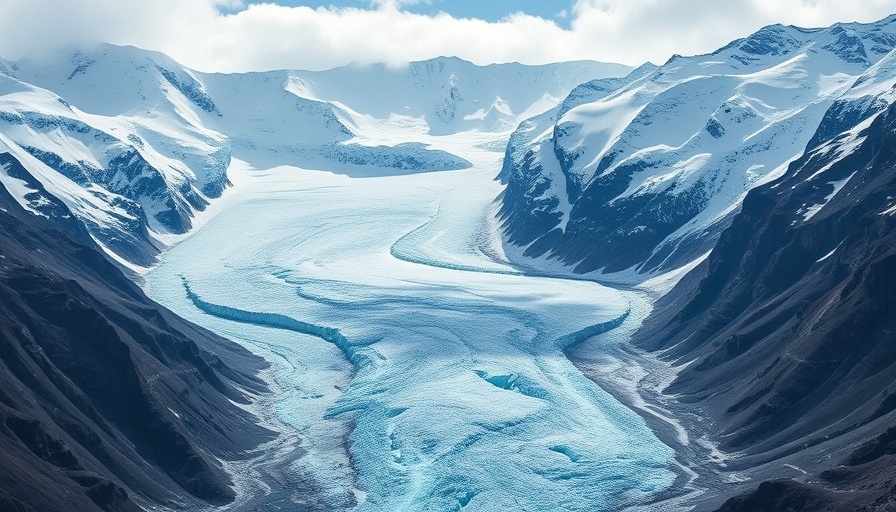
Alpine Glaciers in Crisis: A 39% Decline in Two Decades
Recent satellite data has unveiled alarming news regarding the glaciers of the European Alps—they have shrunk by an astounding 39% over just two decades. Conducted by the British startup Earthwave in collaboration with a team of European scientists, this groundbreaking study demonstrates that the pace of glacier melt is not only faster than the global average of 5%, but also highlights the vulnerability of these massive ice formations due to climate change.
Understanding the Science Behind Glacier Melt
As Livia Jakob, co-founder of Earthwave stated, the team developed a sophisticated algorithm that distills multiple datasets to present a more refined estimate of glacier mass balance. This initiative not only marks a significant leap in our scientific understanding of glaciers but also lays the groundwork for future monitoring of these critical water reservoirs.
Impact on Surrounding Ecosystems and Communities
The implications of melting glaciers stretch far beyond mere statistics. These glaciers act as key freshwater sources, replenishing rivers and lakes across Europe. As pointed out by the international research team, glacier-fed rivers currently experience peak discharge due to melting; however, this is expected to decline steadily. This puts communities that rely on glacier runoff for agriculture, drinking water, and tourism at risk.
Geopolitical Ramifications of Melting Glaciers
The shrinkage of glaciers also hints at potential geopolitical implications. Melting glaciers can shift national borders, as primary landscape features—such as peaks and ridges transform. This phenomenon is not just an environmental issue; it is also a matter of international relations, as defined borders based on natural features become fluid.
Future Projections and the Path Forward
The urgency surrounding glacier melting calls for immediate action and broader collaborative efforts to combat climate change. The innovative approaches, such as using reflective materials on glaciers to slow their melt, hint at potential solutions. However, these must be supplemented by comprehensive global strategies aimed at reducing carbon emissions and steering society toward a sustainable future.
While the melting of Alpine glaciers is a stark reminder of our planet's changing climate, it also opens up a vital conversation on conservation efforts and the collective responsibilities we bear. To mitigate these effects, increased awareness and proactive strategies are essential, encouraging a global commitment to preserving these vital natural resources.
 Add Row
Add Row  Add Element
Add Element 


 Add Row
Add Row  Add
Add 

Write A Comment